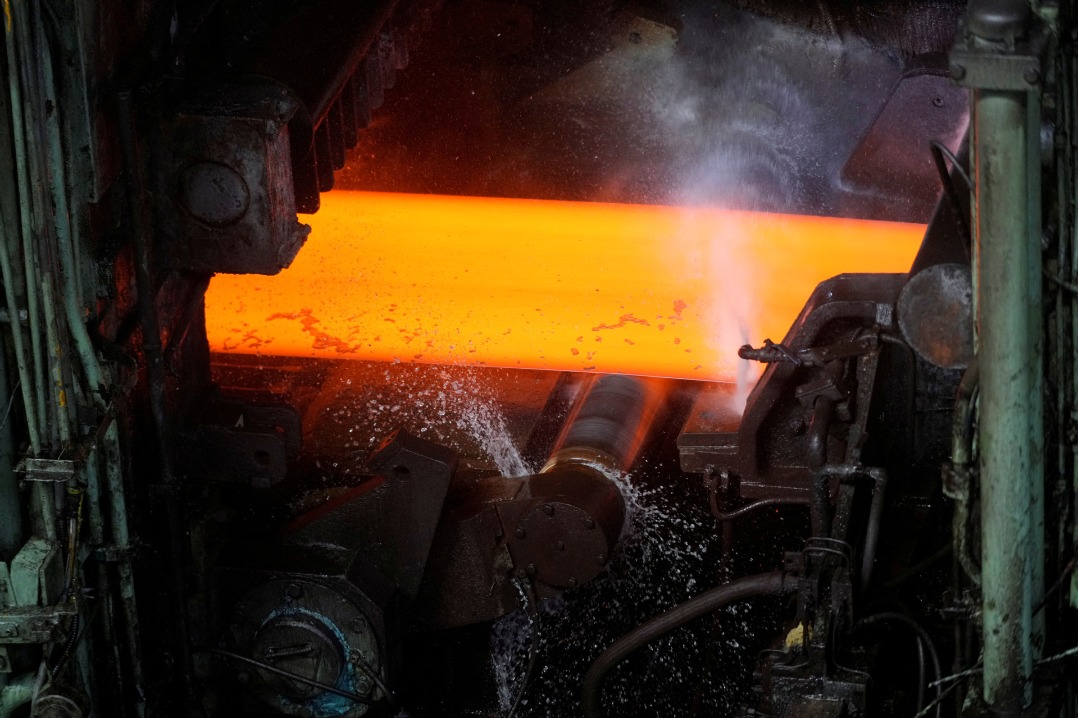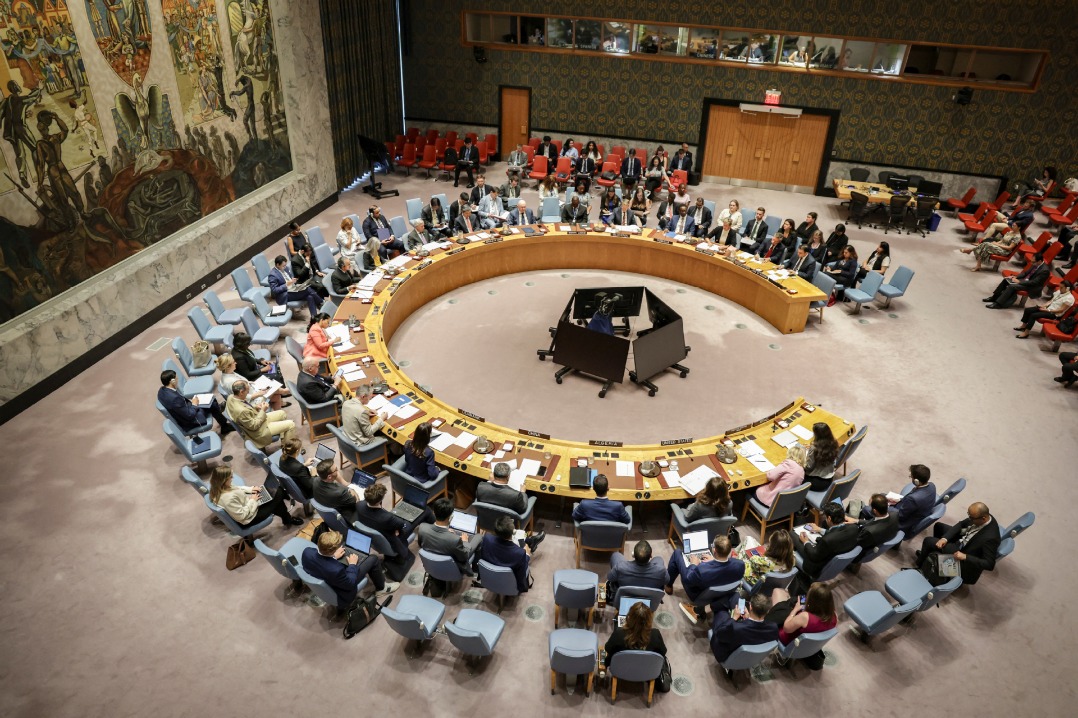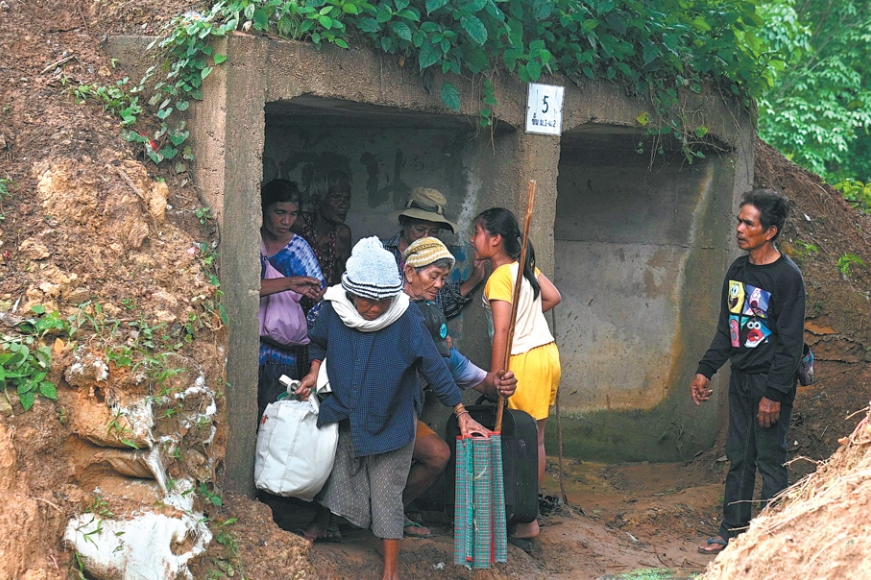Interest in cryonic technology grows as attitudes to death change

Many of us would not mind living a little longer, daydreaming of immortality as a fleeting fantasy as we go about our daily lives.
Whether it be having fun socializing with friends, improving your skills and hobbies, or pure hedonism, it is natural to want more of a good thing. It therefore comes as no surprise that the concept of life extension holds universal fascination.
Ariel Zeleznikow-Johnston is a scientist who has made waves in the media in recent months, claiming that human brains can be preserved after death and rebooted in the future, promising significant life extension or even a limitless one.
What is more, Zeleznikow-Johnston claims the technology to do this exists now, and is a procedure that could cost less than the price of a family car.
The technology in question is cryonics, the rapidly developing field of freezing the deceased and preserving the biological structure of the individual in the hopes of reanimating the body at some point in the future when technology advances enough to do so.
The viability of cryonics is contested, critics point out that the idea is banking on the assumption that the technology of tomorrow will be sophisticated enough to resurrect people.
Likewise, the economic complications are also dubious. Cryogenic companies already exist and have taken the deceased customer's money, what would be the incentive for them to reanimate you decades or even centuries from now? That is to assume that the freezers can continue to stay running economically to preserve bodies for such a long period uninterrupted.
As problematic as this all seems, Zeleznikow-Johnston insists that not only is this area of science improving year by year, it is our understanding and relationship with death itself that should change.
Attitudes are indeed shifting. Scientists are increasingly seeing death as a mechanical problem to be solved by understanding specific pathologies behind it.
Aging is also increasingly considered by the research community as a disease, no different to diabetes or arthritis. This is a major milestone, as by considering the process as pathological, it encourages researchers to look into the exact pathways that cause aging, with targeted treatments to solve the problem, rather than accept it as an unavoidable, non-negotiable reality of existence.
By encouraging this attitude shift, consumer interest in cryonics is increasing. Procedure costs are lowering constantly, dropping to the tens of thousands of US dollars making them affordable to those who are not multimillionaires.
The cheapest option may also be the most gruesome; decapitating the body and preserving the brain only. It is hoped that the neural networks that hold identity, memories and a sense of self will be preserved and either reattached to a new body or have the consciousness uploaded into a digital sphere.
The technology required to achieve this is currently unfeasible, however many neurologists believe that the principle is theoretically possible. In animal models, complex mammal brains such as rabbits have been successfully frozen and then thawed, demonstrating that the neural pathways had been preserved.
Damage is still done on a microscopic level however as cooling agents expand within the cells, and while scientists continue to iron out these kinks, many still believe that the current trajectory of progress means it will be one day possible.
If cryonic procedures are indeed possible, we will have to contend with the implications of this as a society as people are reawakened. This depends on how soon technology advances to make this all possible.
If the revival happens within a single living generation, the grown-up grandchildren of the previously deceased may be alive to provide support and social reintegration. Past living memory of the individual however, and those reanimated from cryogenic states may find themselves struggling to adapt to an alien world, leaving questions as to what sort of life this would entail.
For now the ethical questions remain theoretical speculation. Attitudes are however shifting toward death itself. As scientists begin to treat death as a mechanical problem, so too increases a societal resistance toward it. Permanently leaving this world may not be something we have to accept, however, it is currently too soon to tell.

































